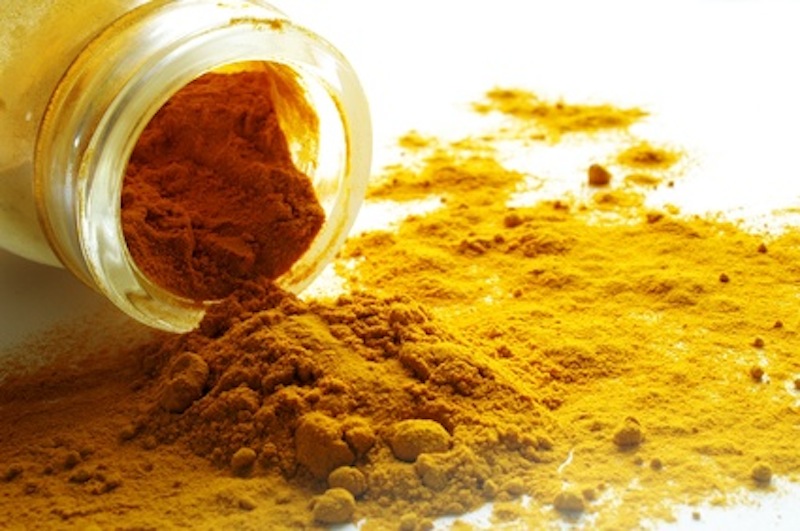by
Stepy —
September 1, 2021
- Turmeric, also known as the “Indian solid gold” gets its nickname not only because of its gold color, but for the fact that it is worth its weight in gold when it comes to health benefits.
- Its medicinal properties have been the subject of over 6000 peer-reviewed and published biomedical studies.
- Turmeric is armed with antioxidant and anti-inflammatory properties, which fight diseases like Alzheimer’s and common cancer.
- It is truly a superstar spice, and new studies show that it can even kill multiple myeloma cells.
- It provides a world of health benefits, and the list of its healing properties seems to grow every day. It is full of antibacterial, antiviral and anti-inflammatory properties, making it a potent superstar spice for overall health.
- The active ingredient in turmeric is called curcumin, which is the source for many of its healing properties.
- Three studies from the University of Tsukuba in Japan show that curcumin may be able to improve heart health as much as moderate aerobic exercise.
- These three studies compared the effects of curcumin and exercise on heart health in postmenopausal women over eight weeks.
-
- Curcumin improves vascular endothelial function:
- In the first study, which was published in a journal called Nutrition Research, there were three groups. One group took a curcumin supplement, the second group participated in moderate aerobic exercise, and the third underwent no intervention at all.
- The team measured the vascular endothelial function, which is the activity of the cells that line blood vessels. Proper vascular endothelial function is one of the indicators for great heart health. The researchers observed no change in the control group, but the groups who took curcumin and exercise had a significant improvement in endothelial function. The improvements between the curcumin and exercise groups were identical.
- Curcumin helps with arterial compliance:
- The second study observed the effects of curcumin on the response of arteries when blood pressure changed, which is another key factor to good heart health. This responsiveness of the arteries is called arterial compliance. The researchers found significant improvement in the exercise and curcumin groups, and the greatest improvement was in the group that both exercised and took curcumin.
- Curcumin helps slow down age-related degeneration:
- In the third study, the researchers examined the effects of curcumin versus exercise on the rate of age-related degeneration of the hearts left ventricle. According to Healthline, “the left ventricle pumps oxygenated blood to tissues all over the body.” The team found that once again, exercise and curcumin showed heart health benefits.
- However, curcumin alone did not show any benefits in this study.
- Only the group that both exercised and took curcumin showed a decrease in blood pressure.
- “Regular ingestion of curcumin could be a preventive measure against cardiovascular disease in postmenopausal women,” the authors of the first study concluded. “Furthermore, our results suggest that curcumin may be a potential alternative … for patients who are unable to exercise.”
- Note: None of the information in our website is intended to diagnose, treat, cure or prevent any illness or disease. The content on our website is for educational purposes only.
- For a natural turmeric skin brightener.
- New study shows turmeric kills multiple myeloma cells.
- REFERENCES:
- 1. “Curcumin Ingestion and Exercise Training Improve Vascular Endothelial Function in Postmenopausal Women.” National Center for Biotechnology Information. Nutrition Research, Oct. 2012. Web. 01 Sept. 2021.
- 3. “Effects of Curcumin Intake and Aerobic Exercise Training on Arterial Compliance in Postmenopausal Women.” Science Direct. Artery Research, Mar. 2013. Web. 01 Sept. 2021.
- 4. “Left Ventricle.” Healthlines. N.p., n.d. Web. 01 Sept. 2021.
-


















